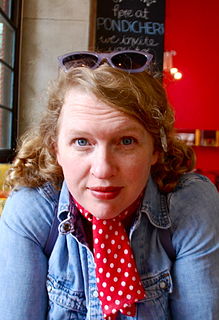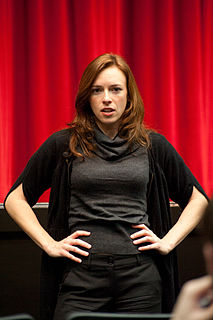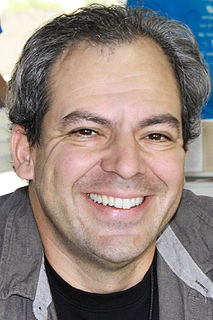A Quote by Boris Becker
An autobiography is not about pictures; it's about the stories; it's about honesty and as much truth as you can tell without coming too close to other people's privacy.
Related Quotes
Although human beings are incapable of talking about themselves with total honesty, it is much harder to avoid the truth while pretending to be other people. They often reveal much about themselves in a very straightforward way. I am certain that I did. There is nothing that says more about its creator than the work itself.
Start telling the truth now and never stop. Begin by telling the truth to yourself about yourself. Then tell the truth to yourself about someone else. Then tell the truth about yourself to another. Then tell the truth about another to that other. Finally, tell the truth to everyone about everything. These are the Five Levels Of Truth Telling. This is the five-fold path to freedom.
You know, I'm one of millions of undocumented people in this country who are living kind of under the shadows. And in many ways, coming out, it was my way of - at the end of the day, I think we have to tell the truth about this immigration system. And because of that, I had to tell the truth about myself.
Successful publication is all about the mix. What Buzzfeed discovered was that people like cat pictures. We can pretend to be embarrassed about that as a species, but it is actually a truth. So Buzzfeed publishes a lot of cat pictures. But they use the money from cat pictures to build an exceptional newsroom that publishes stories that far fewer people want to read, but it is very important journalism.
The social scientist is in a difficult, if not impossible position. On the one hand there is the temptation to see all of society as one's autobiography writ large, surely not the path to general truth. On the other hand, there is the attempt to be general and objective by pretending that one knows nothing about the experience of being human, forcing the investigator to pretend that people usually know and tell the truth about important issues, when we all know from our own lives how impossible that is.
AS SOMBRAS DA ALMA. THE SHADOWS OF THE SOUL. The stories others tell about you and the stories you tell about yourself: which come closer to the truth? Is it so clear that they are your own? Is one an authority on oneself? But that isn't the question that concerns me. The real question is: In such stories, is there really a difference between true and false? In stories about the outside, surely. But when we set out to understand someone on the inside? Is that a trip that ever comes to an end? Is the soul a place of facts? Or are the alleged facts only the deceptive shadows of our stories?
Each of us is comprised of stories, stories not only about ourselves but stories about ancestors we never knew and people we've never met. We have stories we love to tell and stories we have never told anyone. The extent to which others know us is determined by the stories we choose to share. We extend a deep trust to someone when we say, "I'm going to tell you something I've never told anyone." Sharing stories creates trust because through stories we come to a recognition of how much we have in common.






































